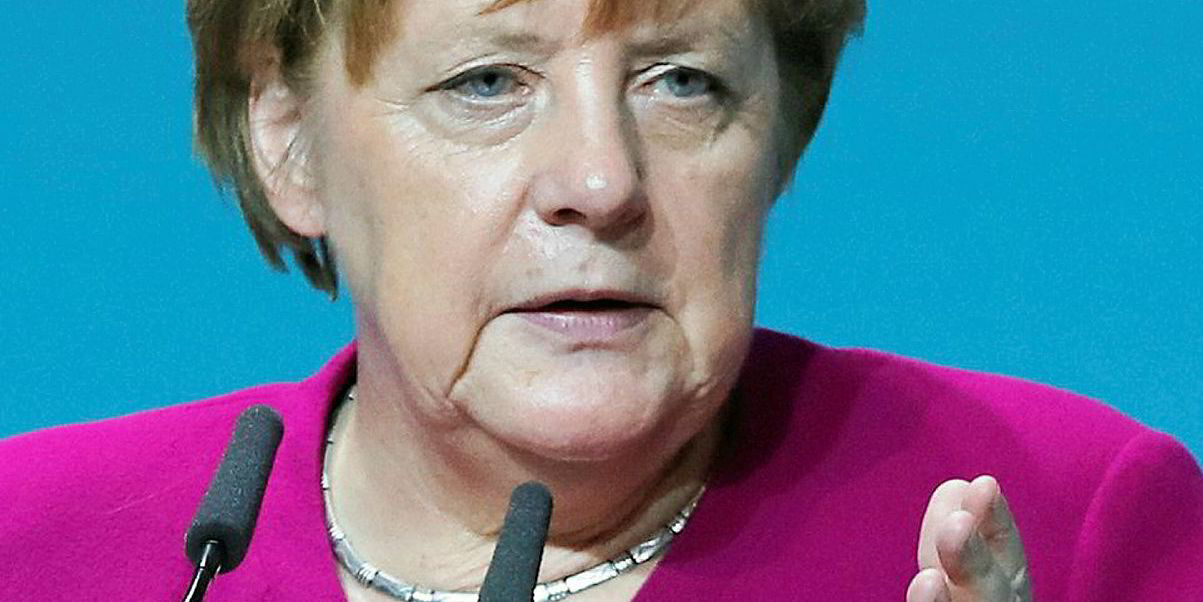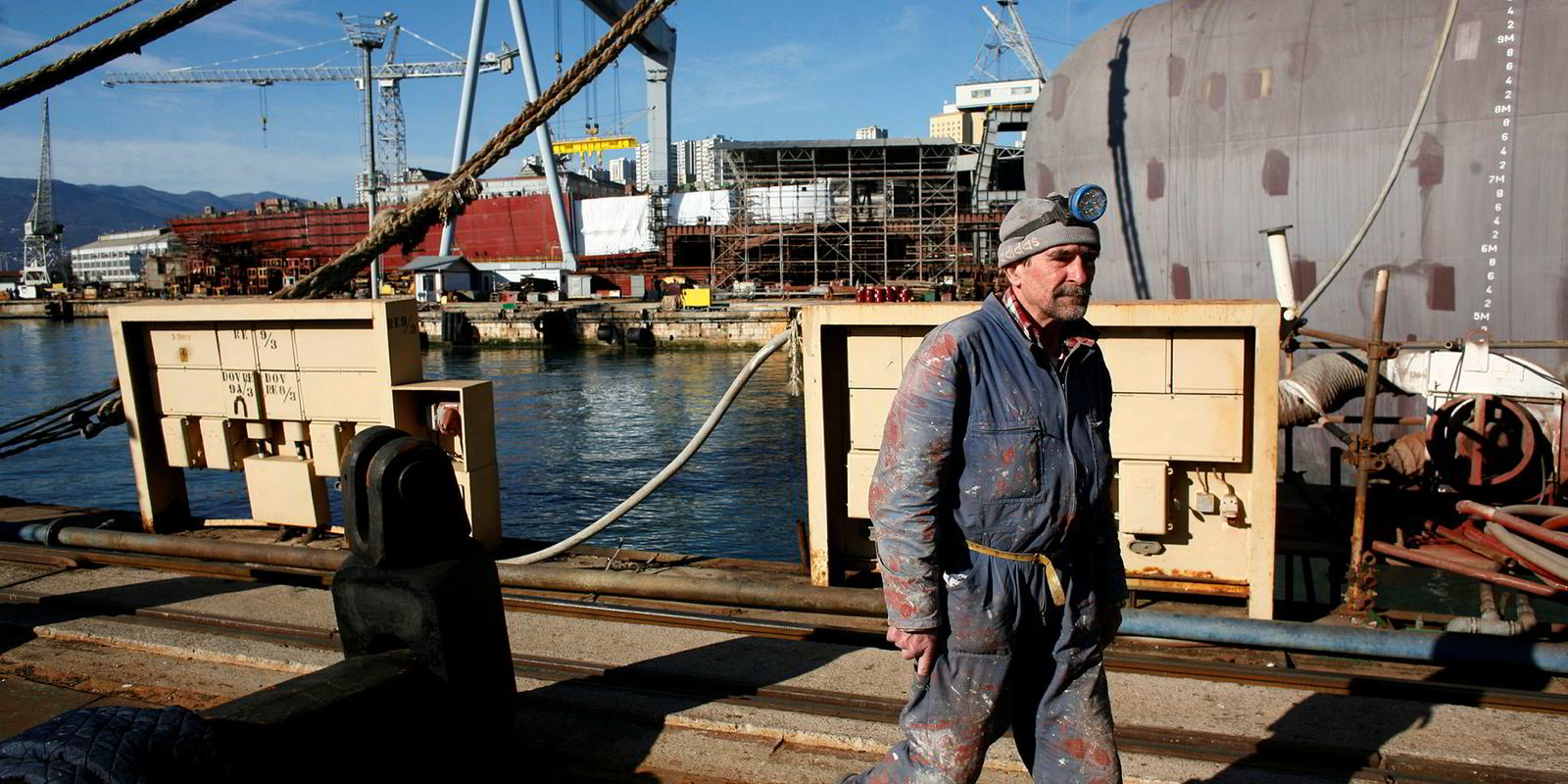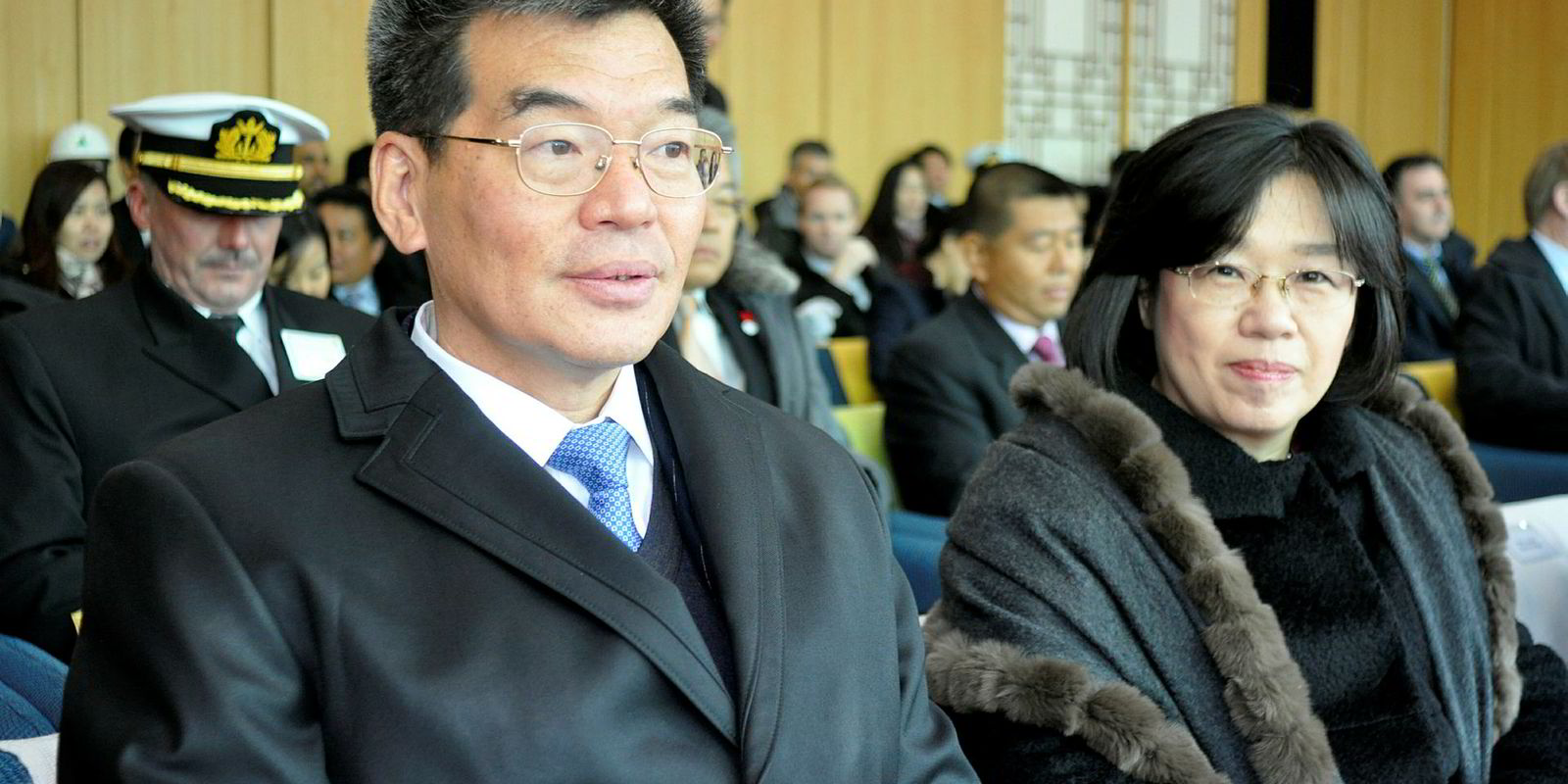You cannot find national solutions to the boom-and-bust cycles that plague shipping, you must think globally. And you will be able to make progress only if you beat the industry’s ignorance and lack of transparency.
These arguments were raised at Germany’s annual National Maritime Conference in Friedrichshafen by British shipping academic Paul Stott, who described global markets as “broken”.
The senior maritime lecturer from Newcastle University told Chancellor Angela Merkel and key maritime industrialists that good local technology is vital but not enough.
Stott praised his hosts for creating the Agenda 2025 initiative, which highlights the importance of innovation in Germany. But the solution to maritime problems has to be found globally, not nationally, he said.
In particular, he pleaded for comprehensive, worldwide research and the creation of a database to enable better understanding of maritime economics and markets.
Policeman needs information
Stott pointed out that the World Trade Organization (WTO) can be used effectively as a global policeman on trade issues only if it has the core information it needs to make decisions.
A lack of data was a key reason the WTO was unable to rule definitively in 2003, when the European Union tried to rely on anti-subsidy instruments to support an anti-competition case against South Korean shipyards.
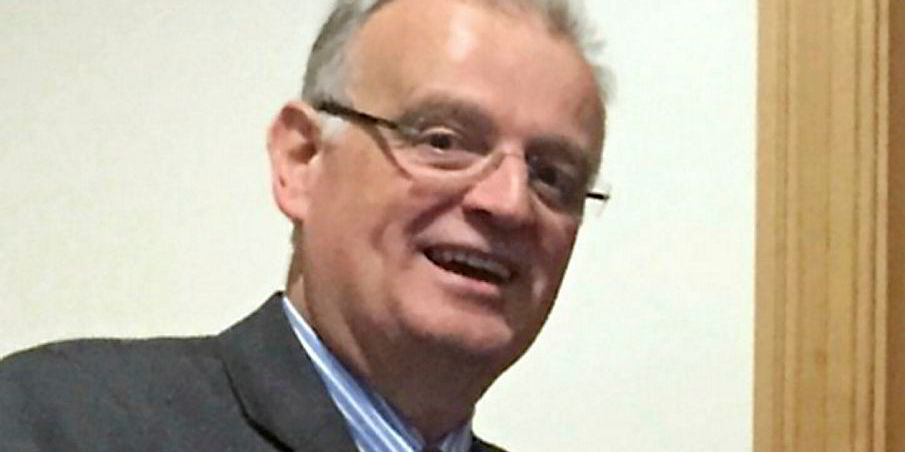
This has led to questions about the effectiveness of the WTO at a time when global regulation is under threat from growing trends towards nationalism that we see in the US with Donald Trump, in Brazil with President Jair Bolsonaro and in Britain with Brexit.
Most people accept this will make global governance issues more difficult, but Stott argues that it is our understanding of international shipbuilding markets that is “not fit for purpose”, rather than the WTO itself.
“It may surprise you to hear that, whilst we have made much progress since 2003, we remain unable to give a full and rigorous definition of the global shipbuilding market, and if we cannot define the market, how can we expect the WTO to rule on it? We need to complete the research to achieve a robust understanding,” he said.
I agree, although I am less sure about Stott’s boundless enthusiasm for unfettered competition.
As argued before in this column, I think we have to take some responsibility for the unwelcome appearance of barnstorming populists such as Trump, Nigel Farage and Narendra Modi.
These leaders have not arisen out of a vacuum. And while they may have Big Money (or even the Kremlin) or just prejudice behind them, they are partly articulating the views and frustrations of those “left behind”.
Those are the workers and citizens who have missed out on the benefits of globalisation or who are mystified by digitalisation, while their local politicians insist “there is nothing I can do” because we are victims of world market forces. The Trump and Farage message of “taking back control” plays well with former steel workers in Ohio or laid-off shipyard workers in Sunderland, in Stott’s neck of the woods in north-east England.
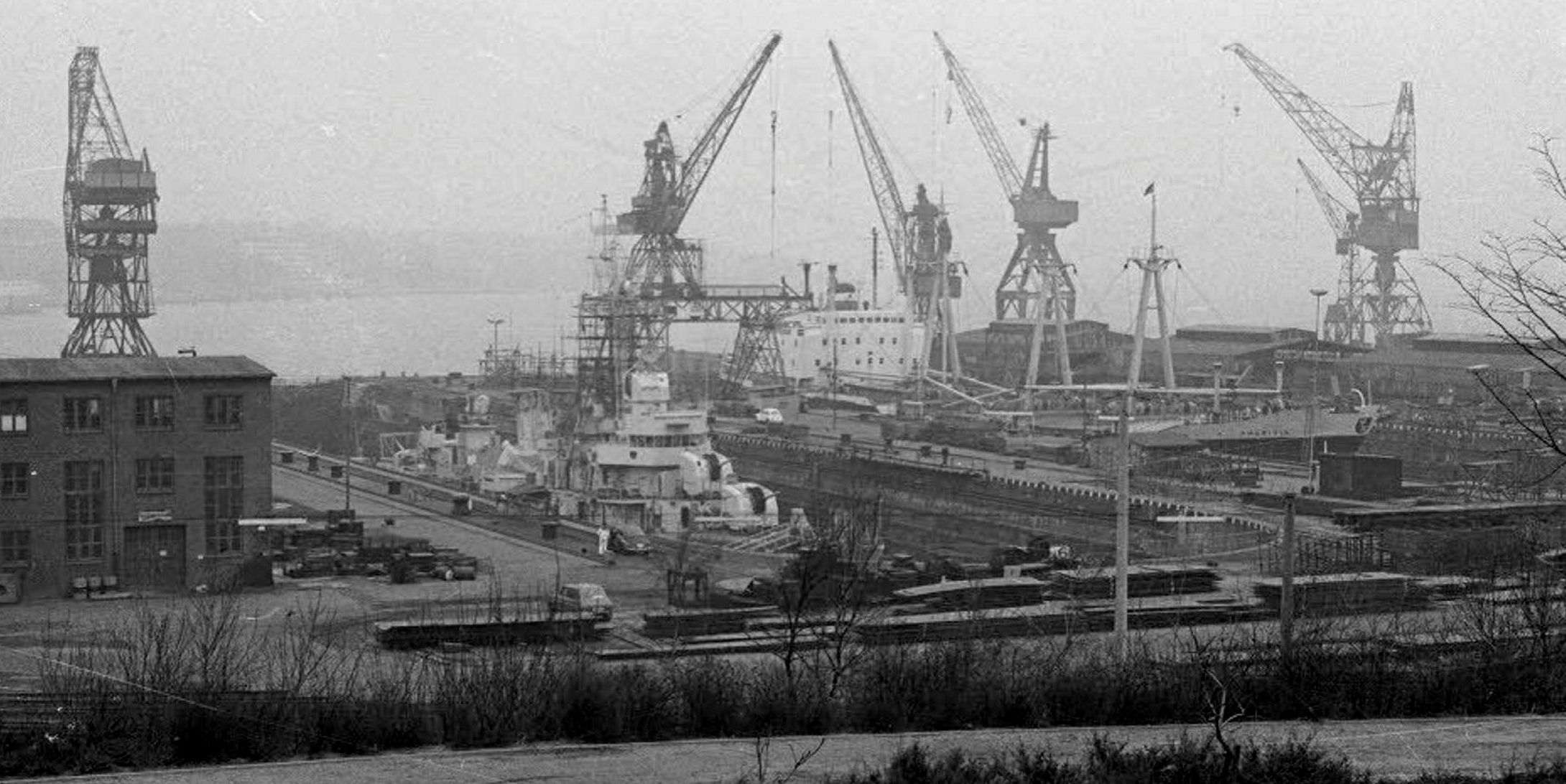
And I would argue that the world of economics and industry cannot just be seen as a data board with the human dimension erased. Protecting local shipyards may be valid for social and political reasons, in my view.
But another argument raised by Stott in front of Merkel (and how every country would want a political leader who is interested in its maritime sector) is scale.
Mass production, and the supersizing of those companies that practise it, has skewed international competition, he believes.
Stott points out that the leading global shipbuilder in 1960 was Germany's Kieler Howaldtswerke, which built 11 vessels of 250,000 tonnes.
Fifty years later, the world leader was DSME, which produced seven times as many ships and 30 times the tonnage in one year.
HHI merger will be third bailout
This South Korean giant is about to be financially rescued for a third time through the government-encouraged merger with Hyundai Heavy Industries.
Stott believes shipbuilders of this size have become too big to fail, and this can only guarantee that the boom/bust cycle will continue.
“The mega-yards are [in down periods] significantly underutilised and, to say the least, sub-optimal, and in the worst cases they require government support to try to survive until the next boom, to which they have become addicted,” he argued.
Discuss!
